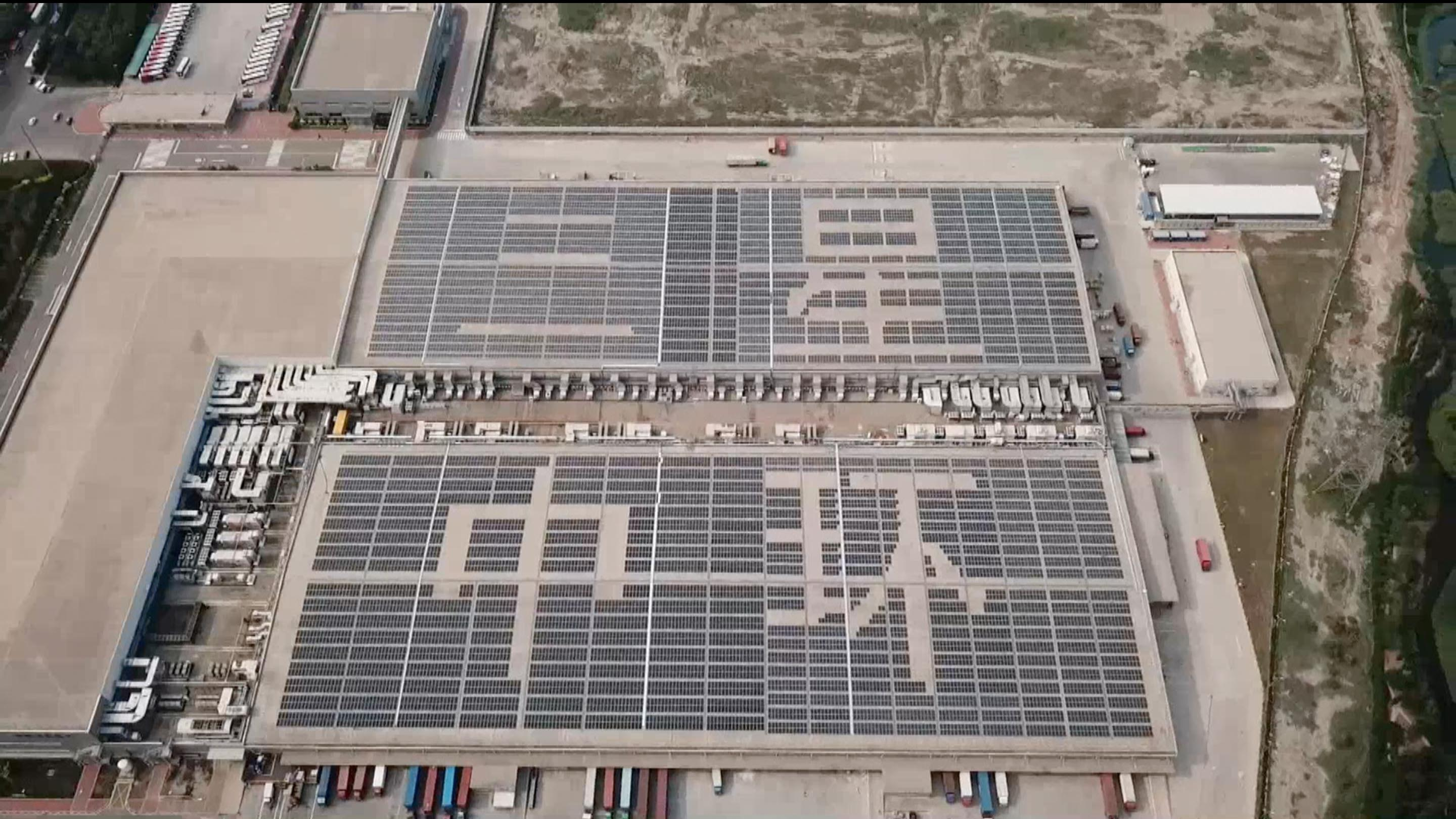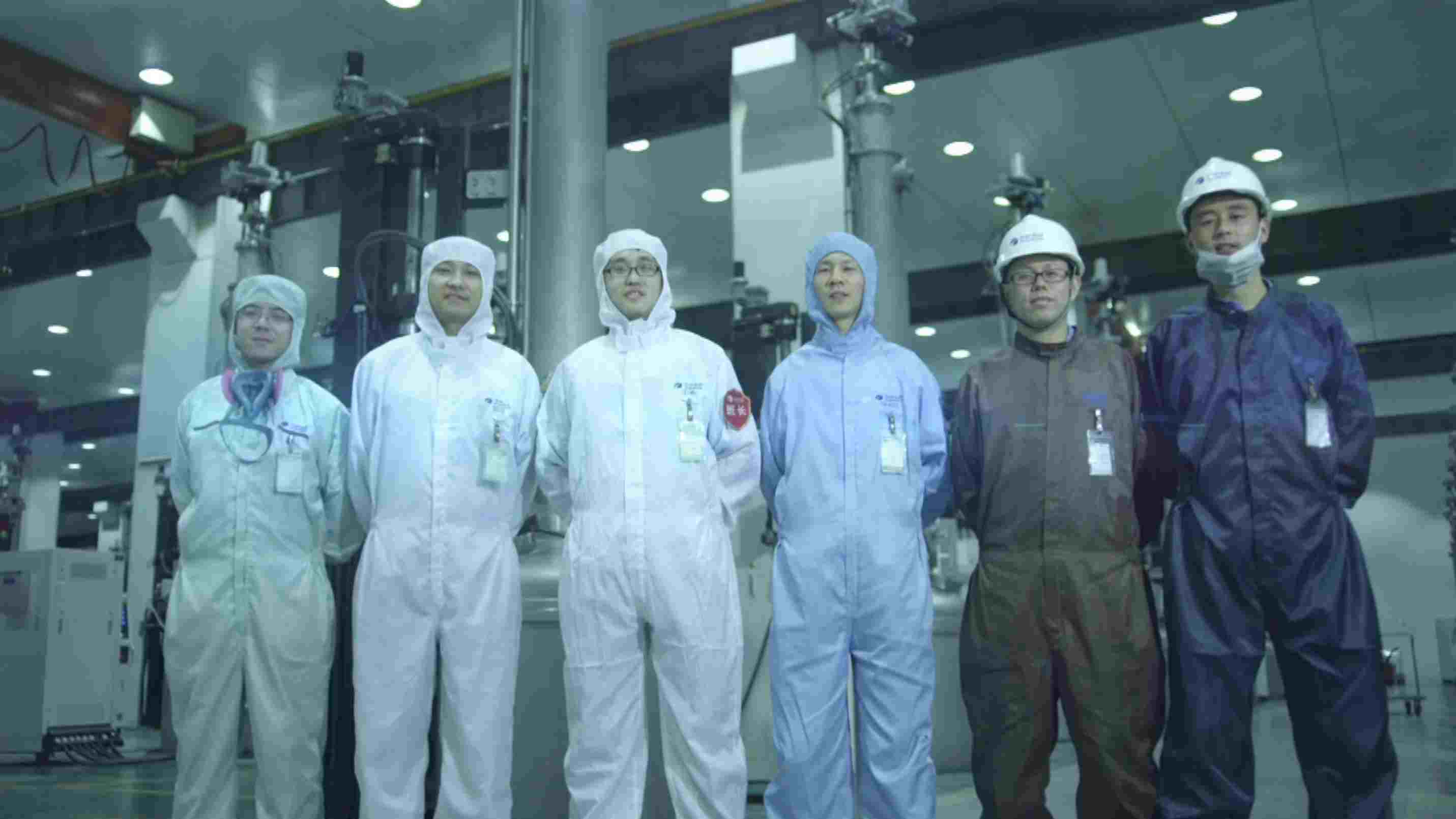
Business
12:01, 09-Oct-2018
Reform and opening up: Strive to be competitive in global supply chain
Updated
11:43, 12-Oct-2018
By CGTN's Ning Hong
02:58

The 40th anniversary of China's reform and opening up has prompted further expansion of companies via foreign investment. Experts call this a win-win for China and other major economies.
Tianjin is a perfect place for achieving China's foreign investment goals thanks to its geographical location in north China - bordering the Bohai Bay, a gateway to dozens of overseas economies, and its time-honored reputation as the cradle of China's modern industry. The factory here that once made the nation's first television set now belongs to Zhonghuan Group, one of the first joint venture companies bringing in foreign investors.
"Our roles in most joint venture companies are as minority shareholders," said Lu Zhihong, vice president of the Tianjin Zhonghuan Group. "I think our position here is to help investors build a good environment in Tianjin, including maintaining good relationships with the government, employees and local people."
Tianjin has been at the forefront of China's reform and opening up. Its modern port, vast land area and inexpensive labor costs allow Tianjin some of the world's best production lines. But the recent global industry shifts pose a challenge to the city when land and cheap labor are no longer advantages. The city will be looking for a new edge, and the key is hiring quality talent.

China's talent cultivation system./ Zhonghuan Group
China's talent cultivation system./ Zhonghuan Group
Jing Hao, currently the human resources manager of a publicly listed company, is one of the people benefiting from this talent plan. "It is a sustainable talent cultivation mechanism," said Jing. The company will keep 300 entry-level staff, 100 of which will be granted middle-level positions, and 10 will be selected as senior executives.
The talent cultivation system is just a byproduct of 40-year global market participation. Zhonghuan Group is deeply involved in the new energy and material industry, helping its partners to improve supply chain in China. It is another competitive market in which they've forged long-running partnerships with foreign investors.
"One of the reasons that we have kept a 20, even 30-year partnership with them, I think, is that we have never asked our partners to transfer or share their technology, unless they are willing to do so. We also deliberately avoid any project in competition with our joint venture businesses," said Lu.
It's only one of many examples of how Chinese companies are growing with overseas partners.
"China is facing a new trend of global industry shifts," said Zhou Jianqi, the Enterprise Research Division director at the Development Research Center of the State Council. "Chinese companies are increasing their technological innovation abilities, and management levels, to maintain their position in the global industry division."
As the world invests more and more in China's rising domestic market, companies in China and abroad now see mutual needs to capitalize on the nation's reform and opening up.

SITEMAP
Copyright © 2018 CGTN. Beijing ICP prepared NO.16065310-3
Copyright © 2018 CGTN. Beijing ICP prepared NO.16065310-3